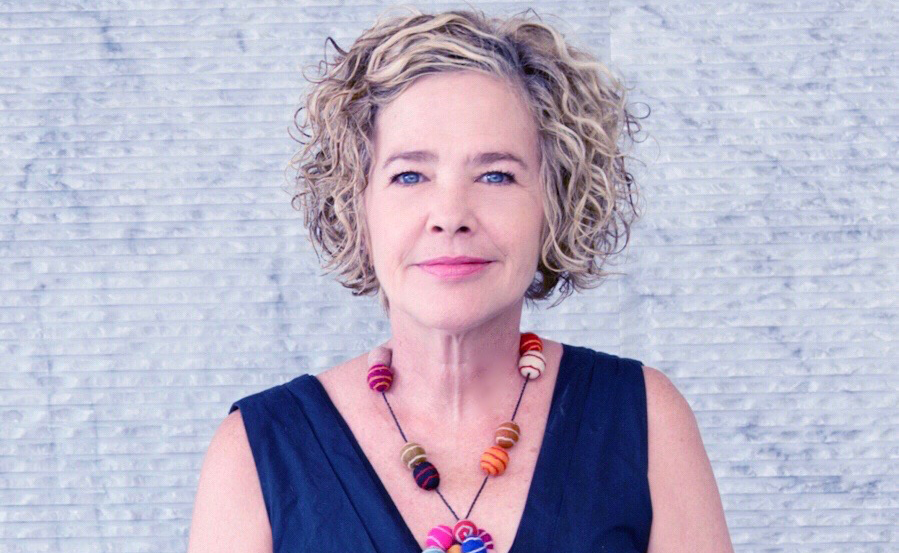
Julie Thomas-Toda began her career in the mailroom of AIO Pro. Inc. Today, she is the company’s Creative Producer, based in Tokyo. Today at ADFEST, she’s bringing together three phenomenal women to talk about the influence of local culture on the craft of filmmaking.
You moved from Hawaii to Japan 27 years ago. What were
your first impressions?
I moved to Japan right out of college to fulfill a dream that I made to my 14-year-old self. Being born and raised in Hawaii, I had never really experienced the four seasons: winter, spring, summer and fall. I wanted to see, feel and breathe this miracle of Mother Nature. To this day, I am still awestruck by the beauty of the cherry blossom trees here in Japan. I had majored in the theatre, so honestly, it wasn't just about jumping into a creative producer position.
You know how in the movies the person begins their career in the mailroom? I literally started working at AOI Pro. by doing the company mail every day. That's where I really improved my kanji reading skills. Then in the summer of 1992, one of our producers came back from Cannes. He gave me all the books written in English including the huge, thick book that listed every film and production company that had work entered into Cannes. Of course, we would buy the big 3/4 inch winners tape. That was before the internet. Seeing these ads from around the world that looked incredibly different from Japanese commercials - I was hooked.
As my interest grew and I gathered my courage, I wrote letters to the companies whose work impressed me the most. I remember one of the first 3/4 inch showreels I had ever received was for the American fashion photographer and director, Herb Ritts, whom I absolutely idolised. Herb Ritts revolutionised fashion photography, and transformed celebrities into icons.
You were one of few foreign women employed in the
Japanese advertising industry at that time. What were the biggest challenges
you had to overcome when you were breaking into Tokyo's production landscape?
Back in the day, if I walked into a meeting as the only foreigner, everyone inevitably stopped and stared. Out in public, there were often times when Japanese people would be talking about me – thinking that I didn't know what they were saying. I always had fun suddenly chiming into their conversation. My biggest challenge was definitely reading and writing Kanji Chinese characters. It still is, and I may never master that.
How has Tokyo's production scene evolved since then?
Sadly, there are still very few female producers and even fewer working mothers in film production. Mothers who return to work tend to choose careers or positions in companies where their hours are not as hectic. Culturally in Japan, child-rearing is expected of women. Little by little, though, things are changing.
What's been your proudest achievement at AOI Pro. Inc?
Personally, my proudest achievement is that I was the first mother ever to return to work at AOI Pro. after having a baby. Now, thirteen years later we have many more mothers working for us.
Professionally, in
regard to an actual production, the most memorable moment by far was when I worked with the world's greatest
living film composer, Ennio Morricone, and the Italian feature film director,
Giuseppe Tornatore. When I recall what it was like to be in their presence, I
still get goosebumps “Cinema Paradiso” and “Malena” are two of my all-time
favorite films.
- ‘Beyond Culture, What Influences Film Craft?’ takes place as part of the Craft@ADFEST stream on Wednesday 20th March, 4:50 – 5:25pm.






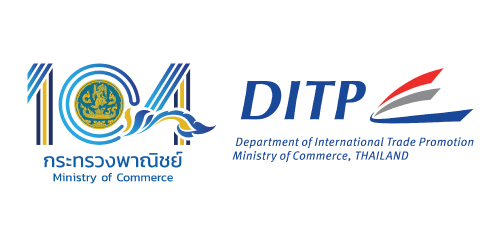
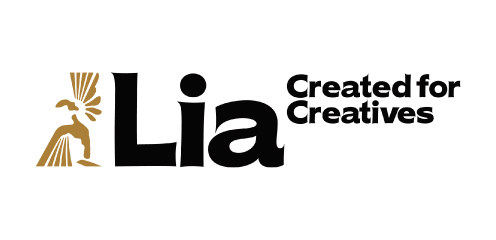



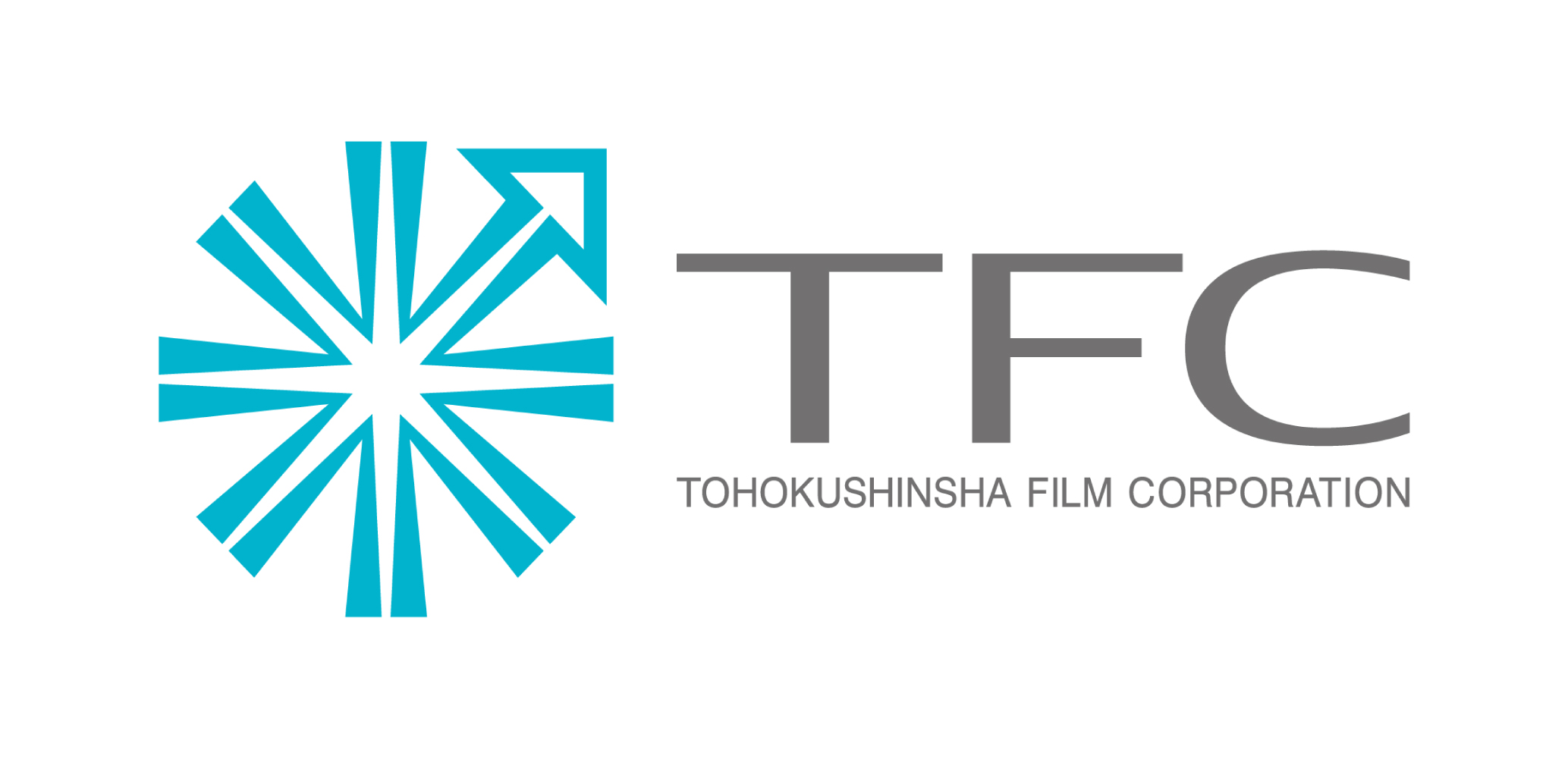
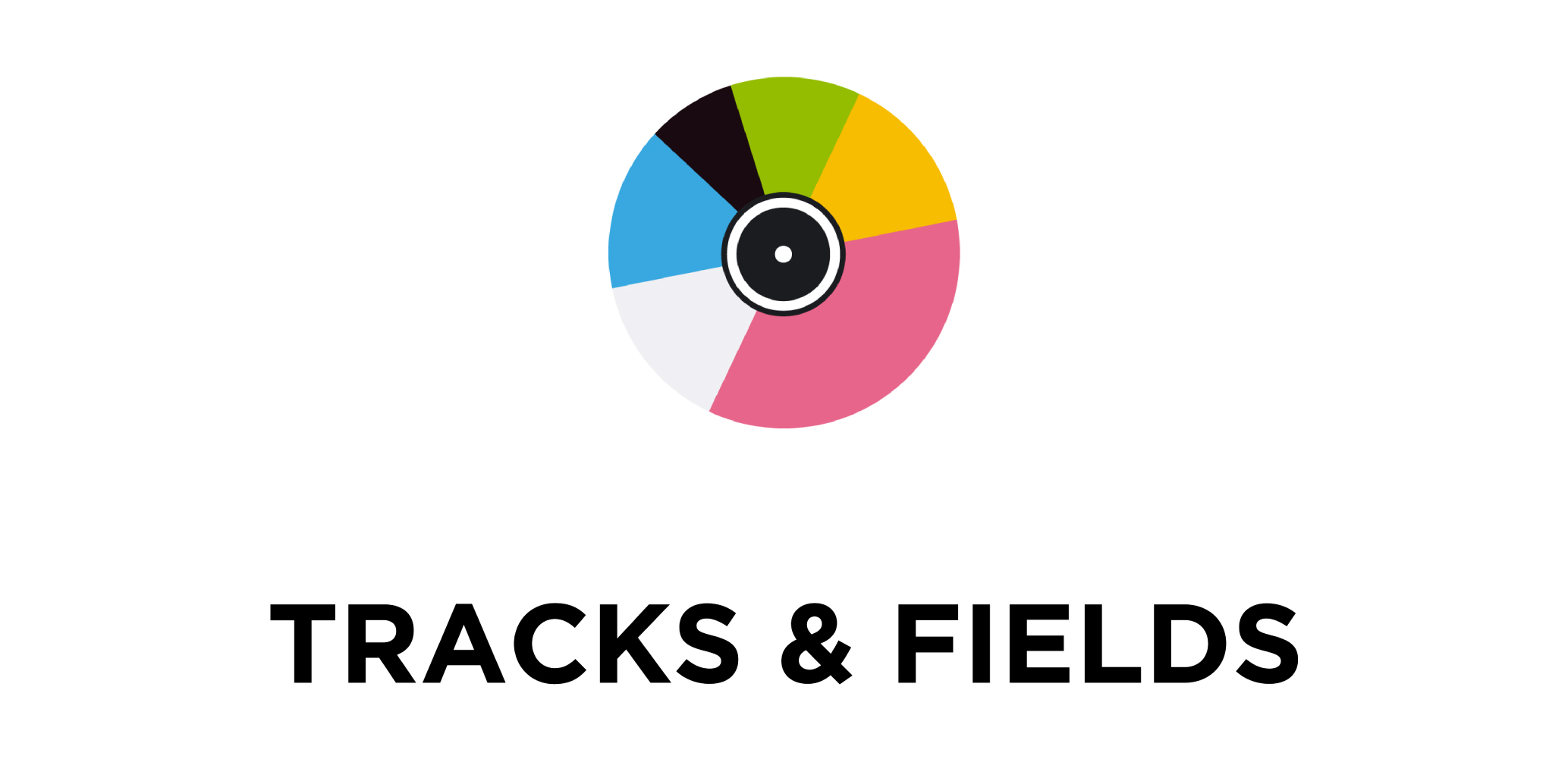

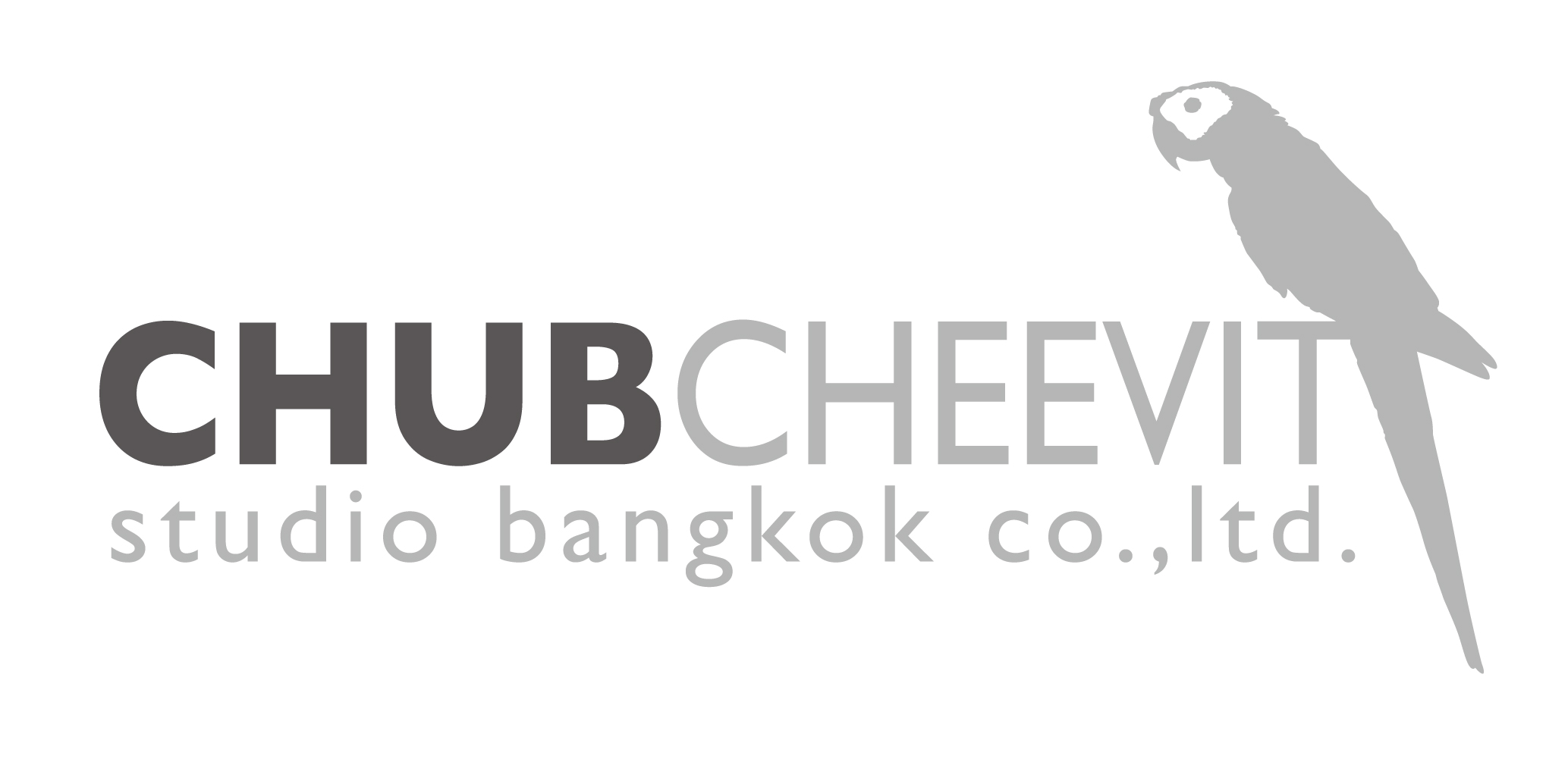


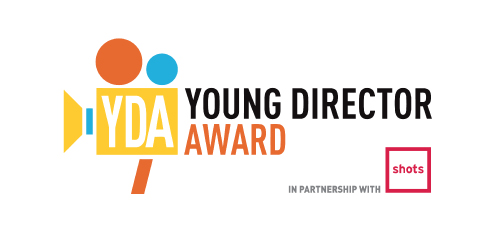

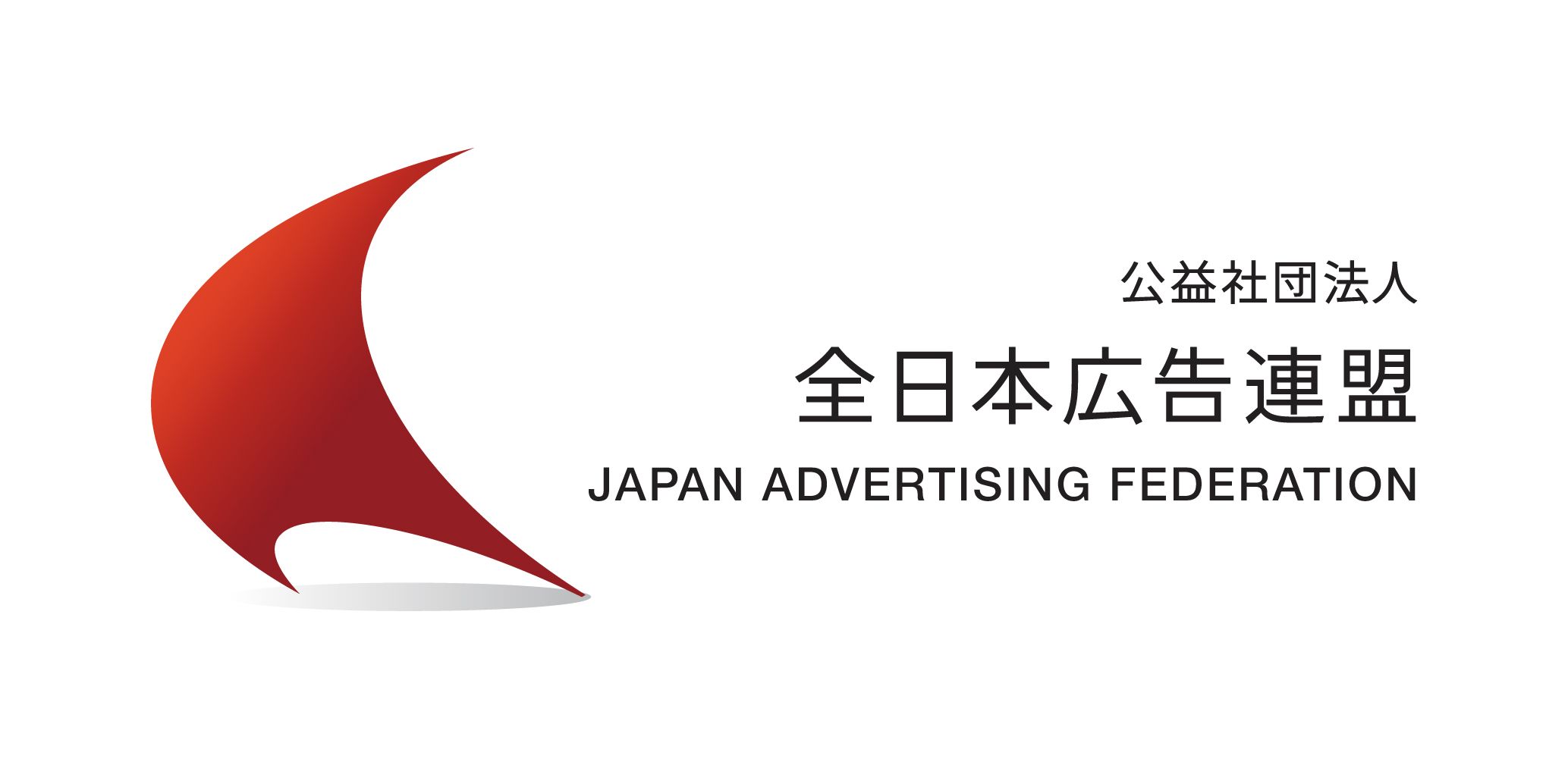
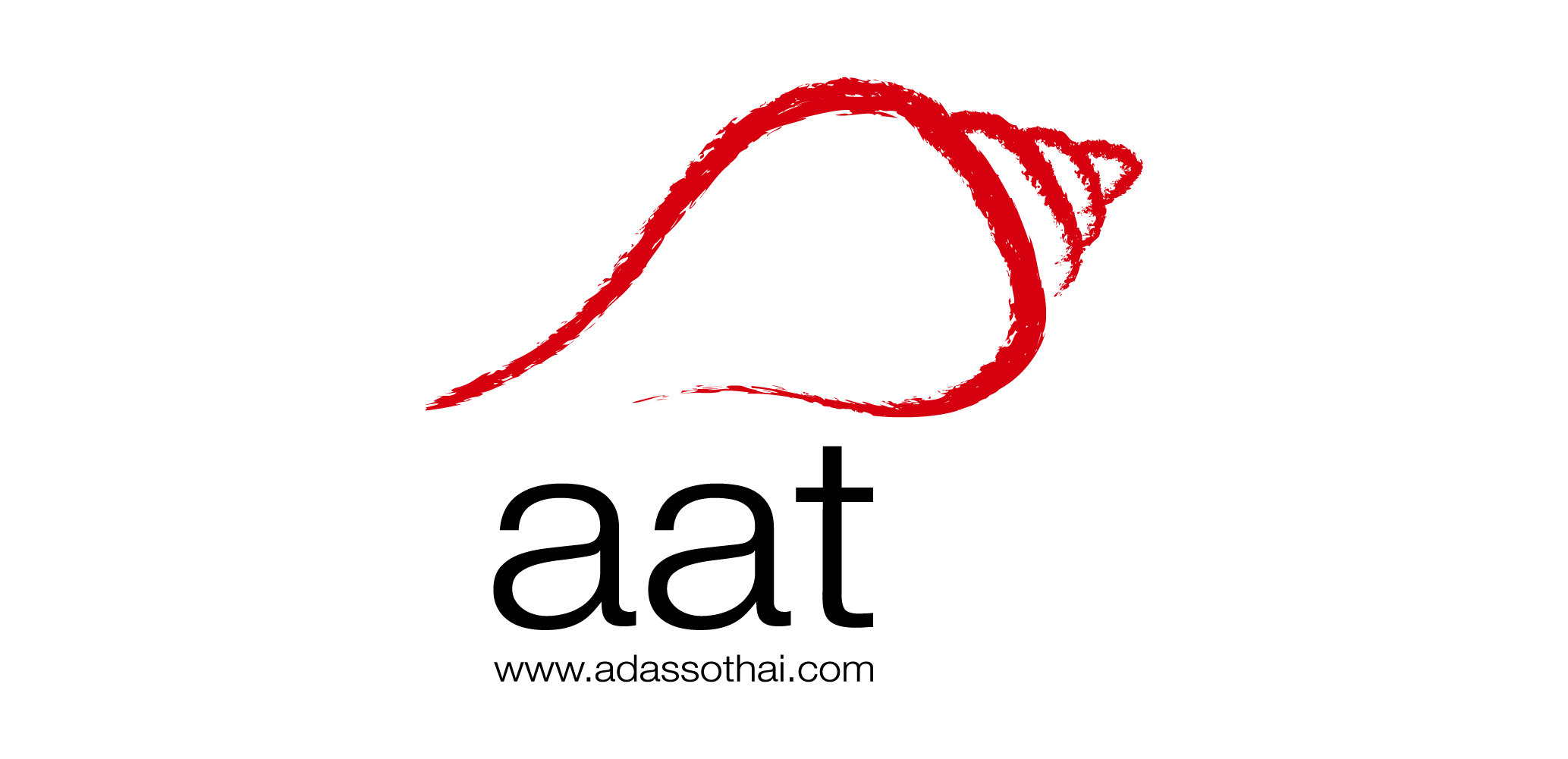
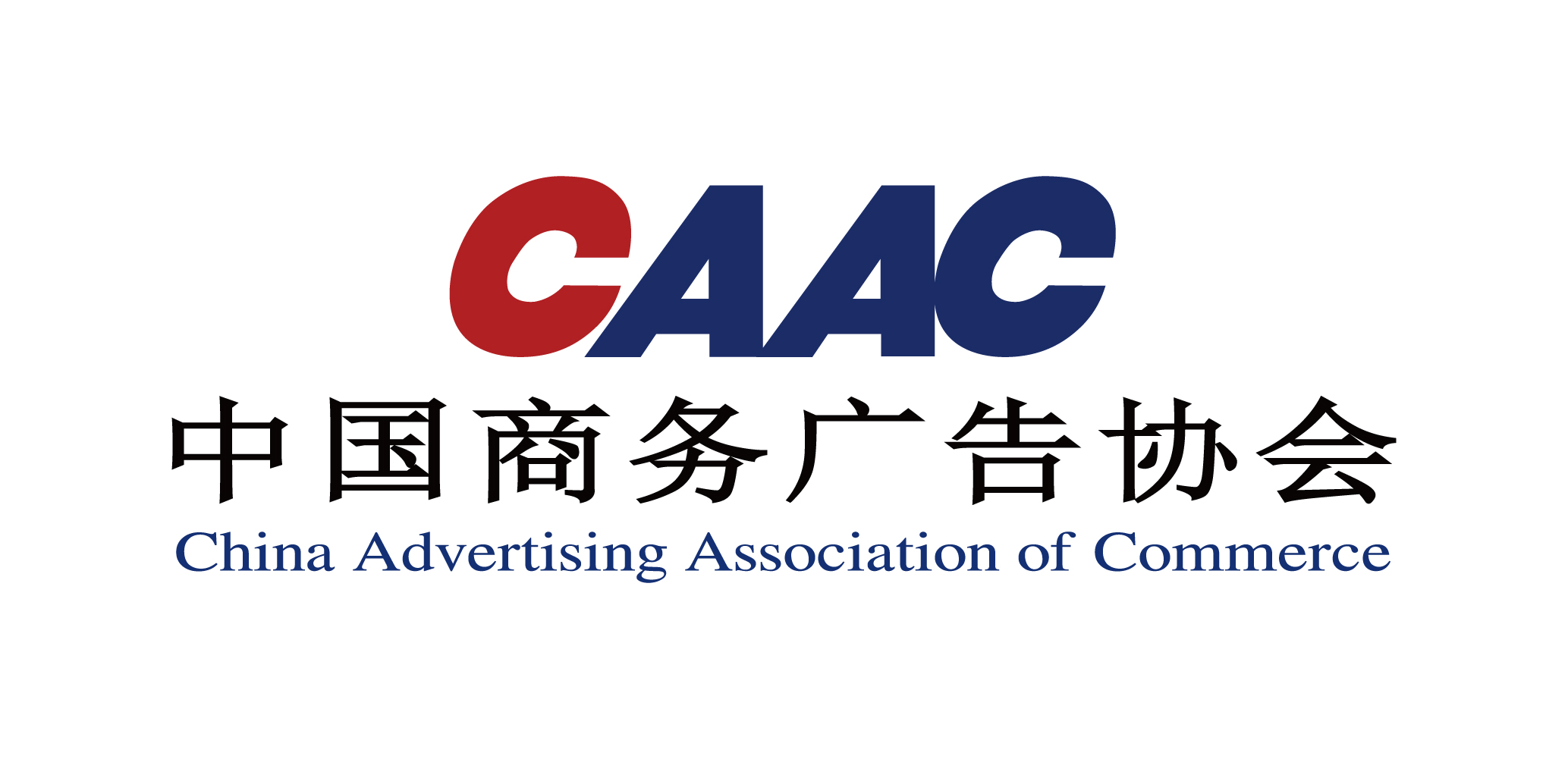

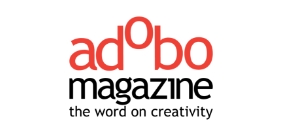
















.png)
.png)
.png)
